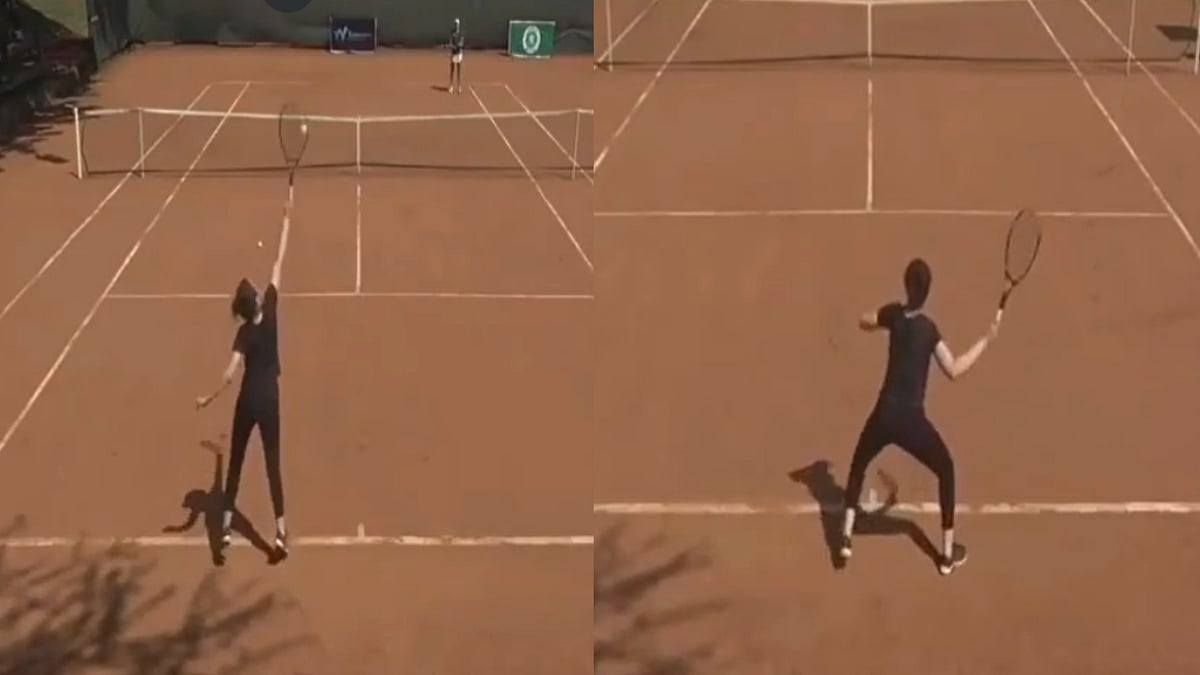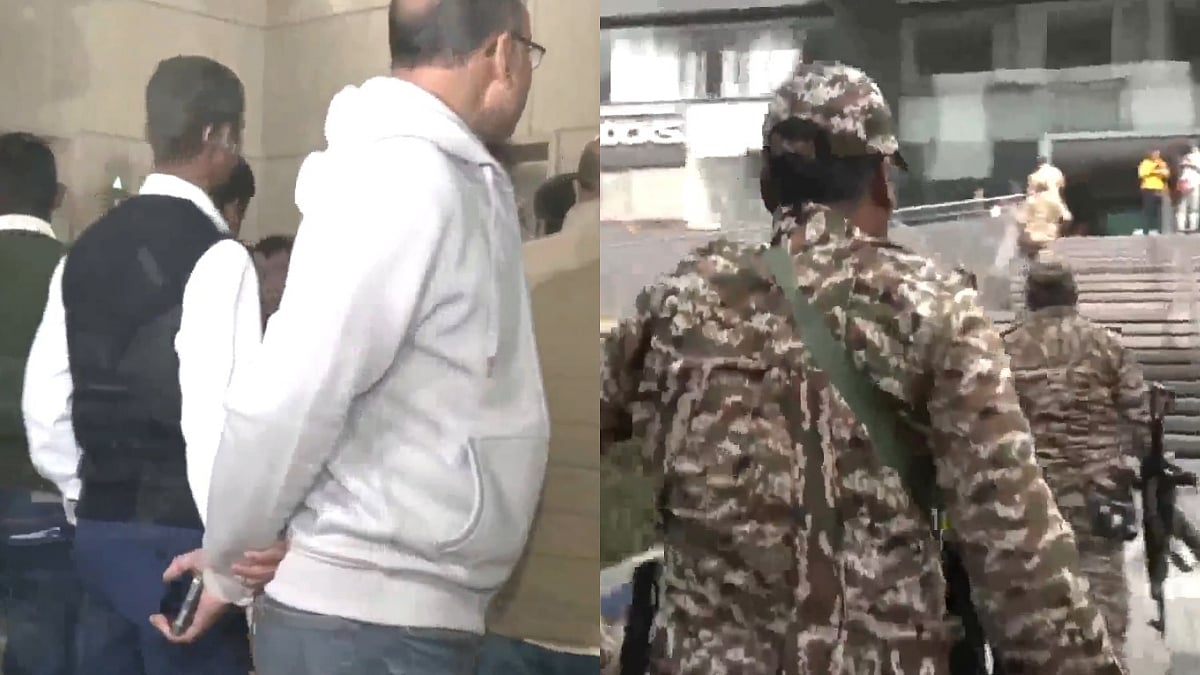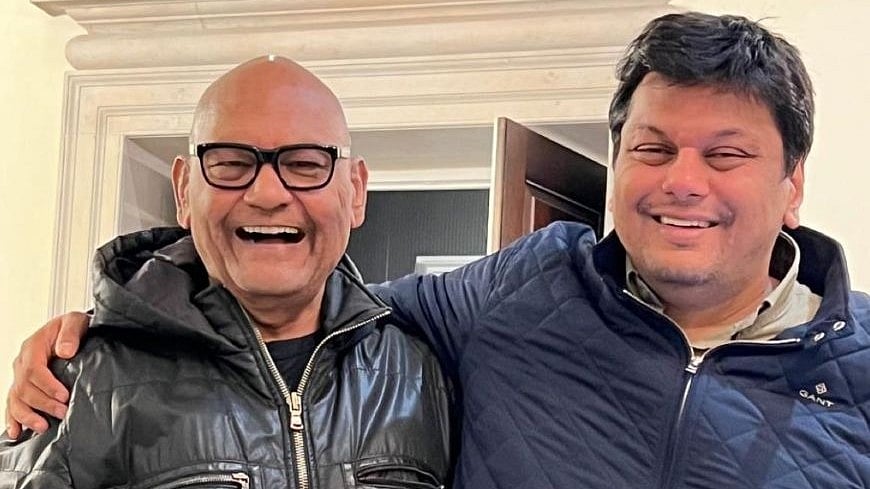New Delhi: President Droupadi Murmu on Wednesday addressed a joint sitting of the two Houses in the new Parliament building. In her first address to a joint sitting of the two Houses in the new Parliament building she spoke on several important issues. She said that Indian can progress at a fast pace only when it defeats the challenges of the past and puts maximum energy into building the future.
In what situation is a joint parliament session addressed?
While the Parliament of India is bicameral, concurrence of both houses are is mandatory in any bill. However, in case there is a deadlock between the Rajya Sabha and the Lok Sabha on any occasions, the Constitution of India has prepared a provision for Joint sittings of both the Houses to break the deadlock.

Who can address the joint sitting of Parliament?
The joint sitting of the Parliament is called by the President of India as per Article 108 and is presided over by the Speaker of the Lok Sabha or, in their absence, by the Deputy Speaker of the Lok Sabha, or in their absence, the Deputy Chairman of the Rajya Sabha. The Chairperson of the Rajya Sabha, who is the Vice President of India, doesn't preside over the joint session. If any of the above officers are not present then any other member of the Parliament can preside by consensus of both the House. At present, the Central Hall is used for holding joint sittings of both the houses of parliament, which is also used for address by the President in the commencement of first session after each general election.
Why interim budget?
Budget 2024 is ‘interim’ in nature as the government is set to face a general election in April-May this year. The full budget will be presented in July by the incoming government. In India, the financial year starts on April 1 and ends on March 31 of the following year.
On February 1, Union Finance Minister Nirmala Sitharaman will present the interim budget in the Parliament. The interim budget will allow the government to meet its expenses till the Lok Sabha elections are over and a regular Budget Session is called. The session is scheduled to culminate on February 9. According to Parliamentary Affairs Minister Pralhad Joshi, the main agenda of this session was the President’s address, the interim budget, and a debate on the Motion of Thanks on the President’s address with a reply by Prime Minister Narendra Modi.
An Interim Budget allocates funds for essential government operations, ongoing schemes and urgent requirements. Since it is not a budget for a full year, it refrains from policy reforms. he Interim Budget also has lesser scrutiny and debate in the Parliament. Only approval for necessary expenditure if sought until the new government presents a comprehensive budget.










